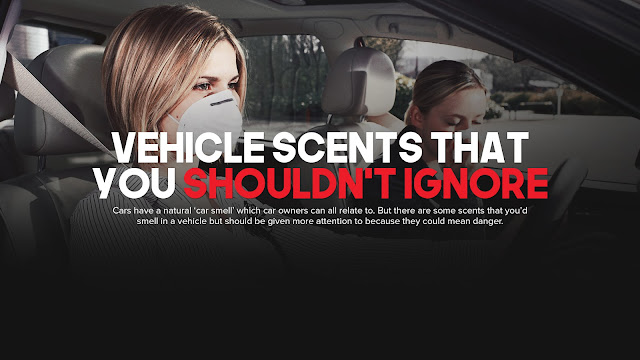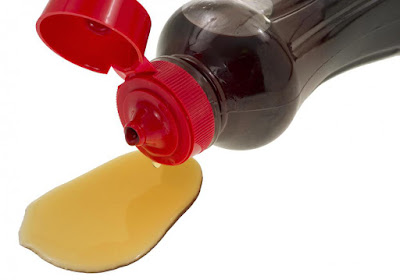We understand that owning a car is pretty costly, gas, maintenance expenses, and car repairs are no joke. But then, some would say that you could do cost-cutting by doing the repairs yourself. While that may be right, you probably think you can’t because you don’t have the skills.
Well, hush now. Here are some car repairs that, believe it or not, you can really do yourself despite your abilities.
Replace a Broken or Worn Drive Belt
The key to knowing if you need to replace your drive belt or not is if you hear your car squeal when you start it or use some accessories and if you can see crack or it’s already obviously worn. A quick visual inspection is all you need. But if it’s simply loose, just tighten it up.
Replace Your Battery and Alternator
Grab a multi meter to confirm if your battery or alternator is dead, but usually failure to power on your accessories or turn the car over is a sure indication. Can’t find where either of them is? You car’s manual will help you locate it. Learning how to jump your car will also help a lot because sometimes it’s all it needs and not a replacement of battery or alternator.
Replace Your Brake Pads
With a jack, torque wrench and ratchets, tire iron, c-clamp you’d be able to change your vehicle’s brake pads easily. But if the squeal sounds turns into grinding ones, you have to have the rotor itself replaced and not just the pads.
Fix Exterior Coolant Leaks
You know you have a leak if you see a pool of green, orange, or yellow liquid on the ground once you park your ride after driving it. With that, you need to pop open the hood and look for the same colored liquid draining from a hose or plastic piece. You just have to unclamp the leaking hose, put on a new one, and then reinstall the clamp.
The Regular Maintenance You Can Do in an Afternoon
While it’s a universal knowledge to tune-up your car every 30,000 miles or every two years, you have to know the following terms and procedure before you do the tune-up yourself.
· Replace a Fuel Filter
· Replace the Air Filter
· Check and Replace Spark Plugs and Wires
· Replace Distributor Cap and Rotor
· Oil Change









































